Can an IMF loan rescue Bangladesh's economy?
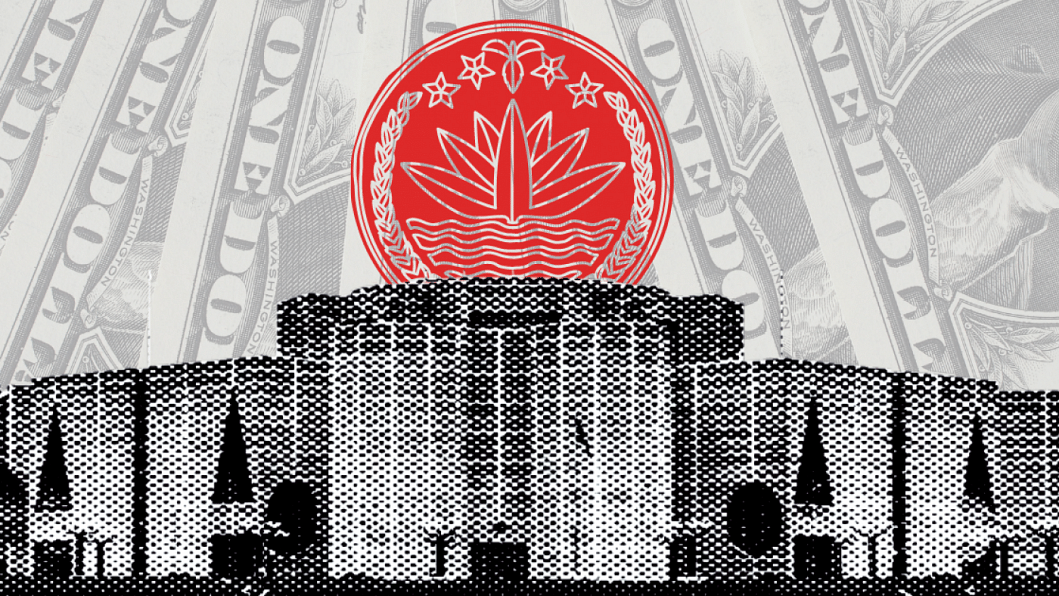
In July 2022, the Bangladesh government approached the International Monetary Fund (IMF) for a loan to address the country's economic challenges. An IMF team is currently in Bangladesh to discuss the details of the loan and prepare for the agreement. We have asked for an USD 4.5 billion loan, which will be provided from IMF's Enhanced Credit Facility (ECF), Enhanced Funding Facility (EFF) programme, and the New Initiatives, Resilience and Sustainability Fund (RST).
The context under which we are seeking the loan is not uncommon. Our current economic situation is one in which countries usually look to the IMF for balance of payment support. Our trade deficit is high as import payment is much higher than export income; in FY2021-22, negative trade balance reached over (-) USD 33 billion. Our current account deficit is also high since remittance flow is negative in the current fiscal year; it amounted to USD 18.7 billion in FY22. This has led to decreasing foreign exchange reserves and depreciation of the Bangladeshi taka. Our forex reserves have come down to USD 35.8 billion from USD 41.8 billion in FY22. As per IMF estimation, the actual reserves are USD 27.4 billion – only enough for about three months' import payments.
Overall, Bangladesh is going through a difficult time; high inflation, food and fuel crises, and depleting forex reserves have weakened the macroeconomic stability that we have been enjoying for a long time. Global economic shocks caused by the pandemic as well as the ongoing Russia-Ukraine war are bound to affect all economies, irrespective of their development status. However, the scale of the impact depends on the inherent strength of each economy. That strength is achieved through appropriate policies and implementation of those policies with strong governance.
Unfortunately, over the years, Bangladesh has failed to strengthen its institutions that are responsible for delivering good economic outcomes. Our financial sector is burdened with a large amount of non-performing loans (NPLs) as loan defaulters are given leeway through various flexible measures. As of June 2022, the amount of defaulted loans stood at Tk 1.25 lakh crore or about nine percent of the total loans disbursed, according to the Bangladesh Bank. Wastage and leakage of resources in projects abound due to lack of good governance. Domestic resource mobilisation efforts are stubbornly slow, and the tax-GDP ratio is only 7.6 percent at present. Added to these problems are the reckless price hike of all commodities, making people's lives miserable.
Since IMF loans traditionally come with conditionalities, there are mixed reactions in Bangladesh in this regard. Though we have taken loans from the IMF in the past, many still feel that such loans are not necessarily good for the country. For example, while Brazil's experience in 2002 has been good in turning its economy around with IMF loans, Greece could not improve its economy with IMF's bailout in 2010-16, when the country pursued austerity policy.
While conditional loans are not liked by countries, an important reason for conditions is that the loan provider wants to make sure the money is used in such a way that the economic conditions are improved, and the country is able to repay the loans. Since the IMF's fund is the contribution of its member countries – in other words, their taxpayers' money – it is equally liable for proper utilisation of the fund disbursed to its members.
Considering Bangladesh's request for the loan of USD 4.5 billion, IMF has asked the government to take a few measures. These measures include reform and improved governance of the financial sector, reduction of NPLs, modernisation of revenue administration, expansion of tax net and increment of tax-GDP ratio, implementation of VAT law, reduction of unreasonable support and fuel subsidies, bringing down interest rate on savings certificates to a reasonable level, and withdrawal of interest rate caps.
The availability and nature of the conditionalities depend on two factors: how the government negotiates with the IMF, and whether the government is able to repay the loan along with its interest.
One would think that, given the relevance and importance of the reform measures, the government should have taken these initiatives on its own. Unfortunately, there has always been an unwillingness for undertaking reforms and improving the governance and efficiency of public institutions in Bangladesh. Whatever reforms that took place were mostly under the directives of lenders.
While negotiating with the IMF, Bangladesh must present its own plans on the areas where its people's interests lie. For example, reducing interest rates on savings certificates will hurt many low- and fixed-income people whose only source of income is the interest from their savings. Before the next general election, the government may not be eager to make this change. The other issue is subsidies for the agriculture sector, which is related to food security. If the government can increase its fiscal space, it can provide support to farmers. However, there needs to be a balance and threshold, because subsidies lead to waste of resources and harm the environment.
Neither IMF loans nor the associated conditionalities are new to Bangladesh. However, this is the largest loan that Bangladesh is seeking to take from the IMF. The size of our economy has grown - so have our needs. The nature of the crisis is also different. Therefore, prudent utilisation of the loan will be required to bring the economy back on track. A transparent and accountable system will be key to the successful outcome of the IMF support.
Dr Fahmida Khatun is executive director at the Centre for Policy Dialogue (CPD). Views expressed in this article are the author's own.

 For all latest news, follow The Daily Star's Google News channel.
For all latest news, follow The Daily Star's Google News channel. 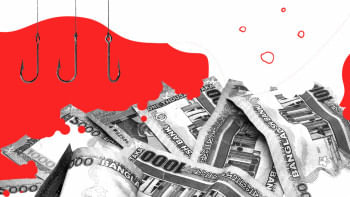
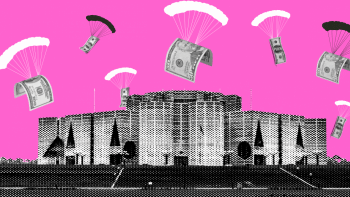



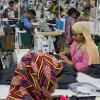
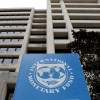
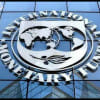

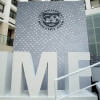


Comments